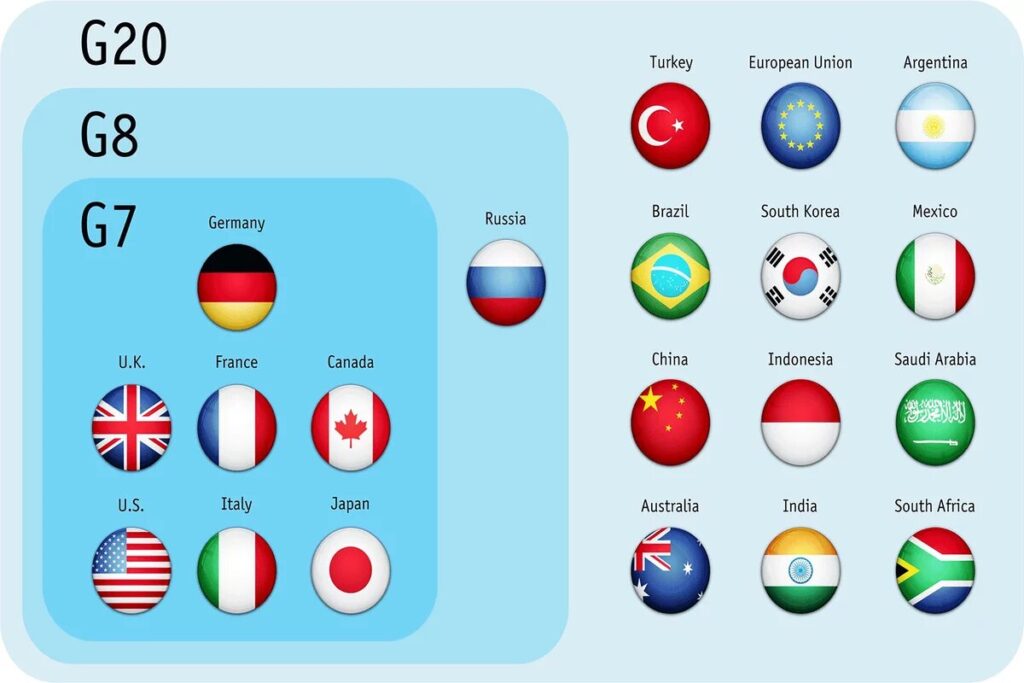
Introduction
The Group of Seven (G7) countries, comprising Canada, France, Germany, Italy, Japan, the United Kingdom, and the United States, play a pivotal role in shaping global economic policies and international relations. With a significant share of global wealth and resources, the G7 nations are highly influential in addressing critical issues such as climate change, trade, and global security. Understanding these countries and their dynamics is essential for grasping the current geopolitical landscape.
Recent Developments
In 2023, the G7 countries gathered for their annual summit in Hiroshima, Japan, focusing on several pressing global issues. Key discussions included strategies to combat climate change, ensure energy security, and respond to the ongoing geopolitical tensions stemming from the Ukraine conflict. Leaders committed to supporting Ukraine both militarily and economically amidst the Russian invasion, showcasing their solidarity against aggression.
Additionally, the G7 nations launched new initiatives aimed at confronting global challenges, such as the ‘Climate Club’, which seeks to coordinate climate action policies among member countries and beyond. This initiative underscores the G7’s recognition of climate change as a synonym for international security and economic stability.
Economic Power and Cooperation
Together, the G7 countries represent approximately 40% of global GDP and account for significant shares of international trade. Their discussions often lead to collaborative measures that influence global markets and economic policies. For instance, the G7 countries have agreed to implement a price cap on Russian oil, aimed at reducing the Kremlin’s revenues while maintaining stability in global oil markets.
Beyond economics and security, the G7 serves as a platform for addressing pressing social issues, including global health initiatives and equitable access to vaccines, illustrated during the COVID-19 pandemic. In 2021, G7 nations pledged to provide over one billion vaccine doses to low- and middle-income countries, highlighting their role in global health diplomacy.
Conclusion
As the global landscape continues to evolve, the influence of the G7 countries remains substantial in tackling mutual challenges. Their commitment to cooperation on crucial issues such as climate change, economic stability, and security plays a significant role in shaping policies that affect both their citizens and the world at large. Looking ahead, the G7 is expected to expand its outreach to include emerging economies, adapting to the changing dynamics of international politics and economics. This adaptability will be vital for maintaining their influence and relevance in an increasingly multipolar world.






